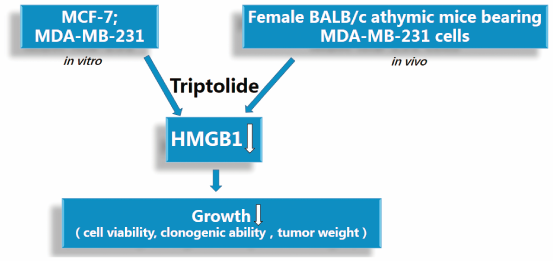-
Wei Jiang
Department of Medical Oncology, The Affiliated Tumor Hospital of Guangxi Medical University
-
Maojian Chen
Department of Breast Surgery, The Affiliated Tumor Hospital of Guangxi Medical University
-
Chanchan Xiao
Department of Experimental Research, The Affiliated Tumor Hospital of Guangxi Medical University
-
Weiping Yang
Department of Breast Surgery, The Affiliated Tumor Hospital of Guangxi Medical University
-
Qinghong Qin
Department of Breast Surgery, The Affiliated Tumor Hospital of Guangxi Medical University
-
Qixing Tan
Department of Breast Surgery, The Affiliated Tumor Hospital of Guangxi Medical University
-
Zhijie Liang
Department of Breast and Thyroid Surgery, The Fifth Affliated Hospital of Guangxi Medical University & The First People’s Hospital of Nanning
-
Xiaoli Liao
Department of Medical Oncology, The Affiliated Tumor Hospital of Guangxi Medical University
-
Anyun Mao
Department of Breast Surgery, The Affiliated Tumor Hospital of Guangxi Medical University
-
Changyuan Wei
責任著者
Department of Breast Surgery, The Affiliated Tumor Hospital of Guangxi Medical University
電子付録
2019 年 42 巻 6 号 p. 892-899
- Published: 2019/06/01 Received: 2018/10/20 Released on J-STAGE: 2019/06/01 Accepted: 2019/03/15 Advance online publication: 2019/04/06 Revised: -
(EndNote、Reference Manager、ProCite、RefWorksとの互換性あり)
(BibDesk、LaTeXとの互換性あり)



